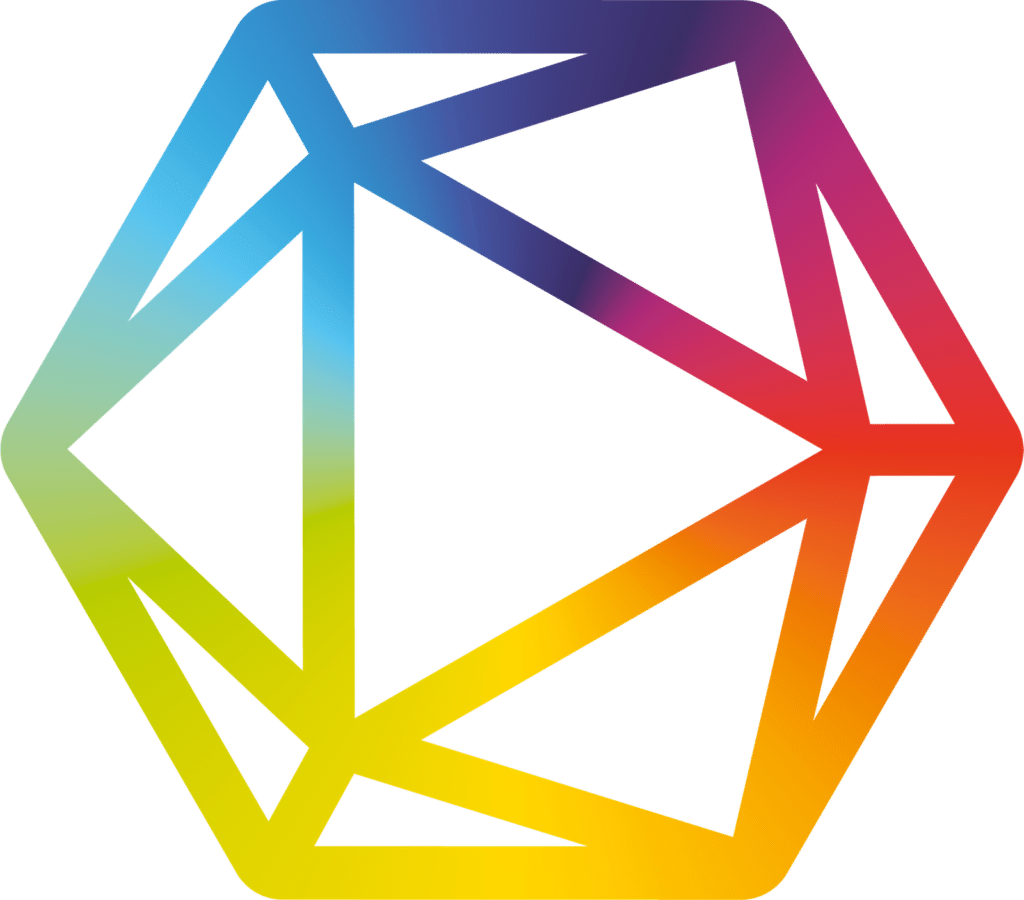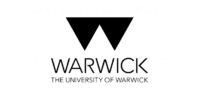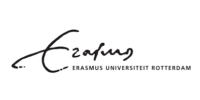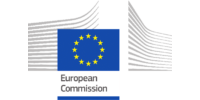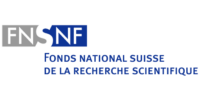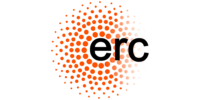We are delighted to partner with EARMA and its members, in an active conversation on pivotal themes across academia, including Artificial Intelligence (AI), Open Research and Research Security. We very much look forward to hearing from you and fellow community members about your experiences and challenges.
Explore our insights below to discover how we can help support you in building a trusted and collaborative research ecosystem that drives progress for all.
Threats and Opportunities to deploying AI in the Research Ecosystem
Daniel Hook | CEO I Digital Science
29 February 2024, EARMA AI Day Spring 2024
AI influence and impact
AI is the most recent in a collection of technological innovations that have gradually been changing underlying relationships between researchers and their research, research outcomes and the data that support those outcomes, the expectations of research integrity, and the nature of research communication. A research career is not what it was 40 years, 20 years or even 10 years ago. The tools needed have changed. The research environment has changed. AI will change the space yet further and faster than previous technological innovations have done.
We recognize the challenges inherent in using AI, especially for something as fundamental and impactful as research. The ethical and social implications of this technology cannot be ignored and hence we feel that an ethical and responsible approach is needed, even in the face of rapid innovation and the hype around AI.
Daniel Hook | CEO | Digital Science
How can I support faculty using AI to deliver trustworthy, impactful research outcomes?
The constant hype surrounding developments in GAI has left many in the research community feeling indifferent. With an abundance of new solutions available, the potential benefits of GAI have been overshadowed by concerns about hallucinations and ethical development.
Building confidence in AI
By making ChatGPT research-specific, researchers can be assured that they’re getting insights that are grounded in facts they can trust.
Developed in close collaboration with the academic community, Dimensions Research GPT offers academic researchers a reliable resource to find answers to their questions across publication data, clinical trials, patents and grant information.
By leveraging the robust infrastructure of ChatGPT and tapping into the extensive data and insights within Dimensions – the world’s largest interconnected scientific research database – researchers can access trusted knowledge across tens of millions of publications with unparalleled ease and relevance.
Embedding AI in research workflows
Academic writing requires more than just a grammar check.
What started as an idea to aid non-english-speaking researchers in enhancing their academic writing has evolved into something far greater. Writefull’s AI language models are used at more than 1,500 institutions. They are trained via machine learning on billions of journal article sentences. Its advanced deep learning algorithms now provide researchers with feedback on their full texts, helping them to convey research in a more precise and meaningful way.
Join upcoming EARMA & Digital Science webinar
Building a collaborative research culture
4 June | 1-2.30pm BST I 2-3.30pm CEST
Discussion topics will include:
- The pivotal role open research plays in bridging the gap between identifying collaborative opportunities and enhancing research visibility and attractiveness
- Innovative examples of how data-driven approaches can serve as a foundation for strategic research planning
- Real-world approaches to using Dimensions data for thematic analysis
- New ways to advance research quality and cultivate a culture of integrity
Our insights on AI and research

Dimensions introduces the beta of a new AI Assistant that takes you beyond keywords to a semantically rich summary with references, fully contextualizing results and linking with the literature

Dimensions Research GPT and Dimensions Research GPT Enterprise are two new products which bring the unmatched, trusted research coverage of Dimensions to the ChatGPT platform.

While there are many positive opportunities with Generative AI, it poses some serious challenges. Guest author Dr Danny Kingsley asks, is AI the disruption scholarly publishing needs?

The subtle biases of LLM training are difficult to detect but can manifest themselves in unexpected places. Read why Digital Science CEO Daniel Hook calls this the ‘Lone Banana Problem’ of AI.
Our latest insights delivered straight to your inbox
Sign up for our newsletter to stay updated on the latest developments in the research ecosystem, as well as insights into the latest news from Digital Science.
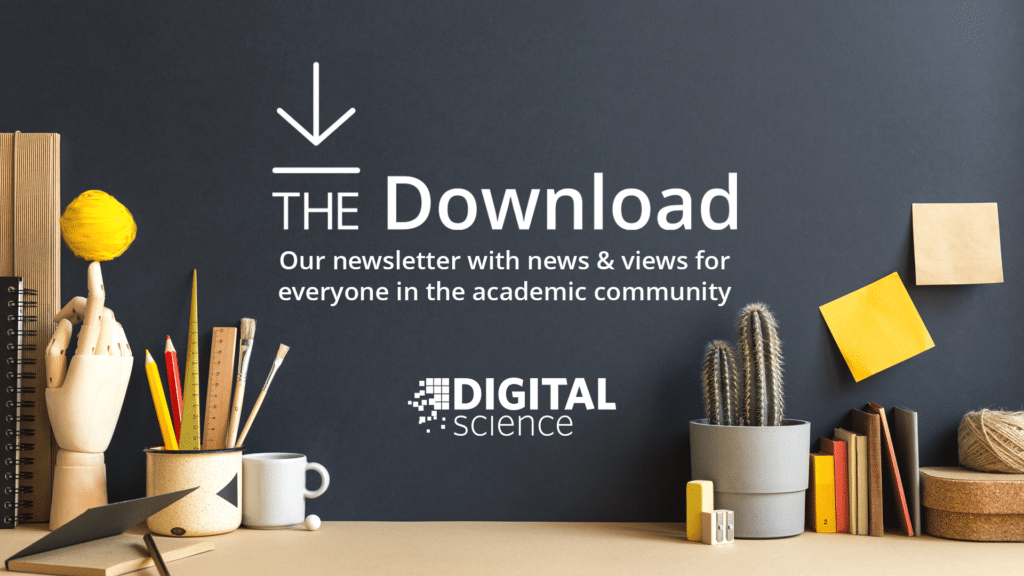
Advancing open research
At Digital Science, we believe that many of the different aspects of research need to be shared as openly as possible. Openness in research promotes transparency throughout the research lifecycle and has the capacity to improve both research itself and its long-term societal impact.
In support of our commitment to align more closely with the Barcelona Declaration on Open Research Information, we are proud to introduce The Digital Science Guiding Open Principles – an initiative which commits our research information solutions to open science now and into the future.
The Digital Science Open Principles
- Community ownership: we believe that research outcomes are owned by the global community and should be available to all
- Participating in open infrastructure: we commit to support the use of open standards and to build, contribute to, and extend open infrastructures
- Stakeholders’ primacy: we believe that stakeholder benefits should be at the forefront
- Establishing trust: we believe that a trusted stakeholder in the research ecosystem must be responsible, transparent and sustainable.
Read our Open Principles to find out more about Digital Science’s commitment to opening up research for everyone.
It’s my hope that our new Open Principles will help reflect to the research community just how important we feel open research is in creating benefits for society. These are not just internal principles, they represent our broader commitment to the entire research ecosystem.
Mark Hahnel | VP Open Research and Founder of Figshare | Digital Science
What’s coming up for EARMA members?
Open Science event
18-19 September at the EARMA Office, Brussels
More details coming soon
Pecha Kucha at EARMA Conference Odense 2024
Mark Hahnel, VP of Open Research took part in a pecha kucha session to discuss how FAIR data can get us further, faster and shared ideas for how you can support.
Access the slides from this session.
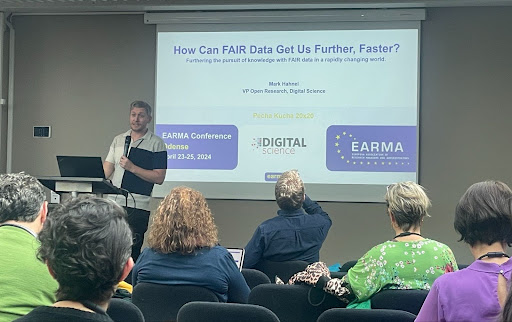
How can I best support faculty in navigating the open research landscape?
In The State of Open Data 2023, nearly three-quarters of researchers said they had never received support for making their data openly available.
Maturing your research management infrastructure and support offerings is crucial to effectively support your research community with growing funder and publisher requirements for open research.
Figshare repository infrastructure and Symplectic Elements work together to provide a holistic research management solution; reducing administrative burden, creating efficiencies for your team and offering best-in-class research management systems for your researchers and faculty.
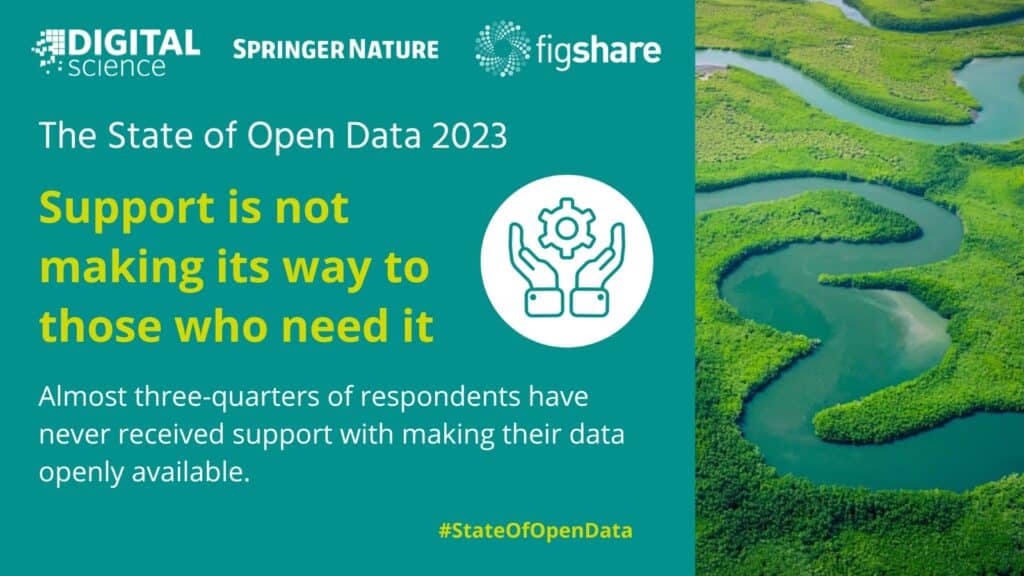
How can I streamline our open research workflows?
Support a more open and inclusive research management solution:
Implement a research management process to share, showcase and manage all institutional research outputs in one place.
I want to celebrate cost-effective and equitable open access and learn how to ensure trustworthy dissemination of academic research in a post-AI world. I look forward to collaborating with everyone driving academia and humanity forward further, and faster through open research.
Mark Hahnel | VP Open Research and Founder of Figshare | Digital Science
Reduce the administrative burden of research information management, by ingesting data from a wide range of sources to build a truly comprehensive picture of institutional data.
Introduce new research collaboration tools:
- Papers: improve how your researchers discover, organize, read, annotate, share, and cite scholarly literature
- Overleaf: makes the authoring process faster and easier with real-time collaboration, clever integrations, and a streamlined submission process for several major publishers.
- Writefull: empower researchers with an AI-based academic language tool that assists researchers with all aspects of scholarly writing.
Our insights on open research

Can we transform the Open Access Pathway? And who is already showing us how it could be done?

The longest running longitudinal survey and analysis on open data

This three-part series discusses when different sectors and players may benefit from Open FAIR data

This piece navigates research data publication fragmentation, exploring how the FAIR data principles are pivotal in this context.
Managing research security risks
As the spotlight on research security intensifies, we’ve proactively worked with our academic research security advisory board over the last five years to develop robust research security analytical capabilities, to support accurate due diligence and help institutions be compliant with mandatory research security requirements to avoid fines, penalties, reputational damage and the potential loss of stakeholder trust and funding.
Beyond espionage: using Digital Science’s solution – Dimensions – to counter foreign intelligence
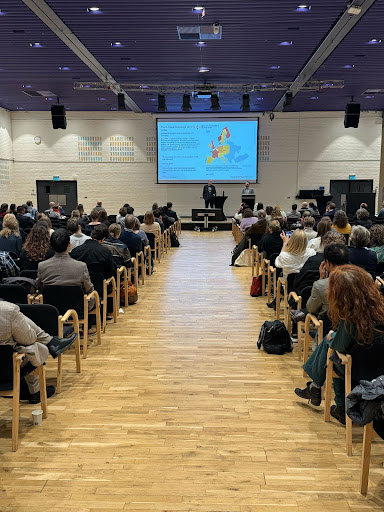
In light of the heightened focus on Research Security, Luke George and Ben McLeish from our Product Solutions Team, discuss how Dimensions Research Security can support you in taking proactive measures to assess institutional risks and review researcher networks and partnerships.
How can I evaluate the risks of international collaborations effectively?
By drawing on Dimensions – the world’s largest global research database – you can assess and prioritize the potential risks of international collaboration partners from high-risk countries or institutions, such as those backed by a foreign military.
- Uncover direct and indirect funding sources, cited on researchers’ publications
- See all affiliations associated with a specific researcher
- Examine funded research cited in patents and clinical trials
How can I demonstrate to funders that researchers have undergone thorough vetting?
Funders of research in sensitive areas -such as defense technology – have strict requirements pertaining to researchers involved with such projects. Thoroughly conduct due diligence to:
- Surface international collaborations on publications and grants, view past & current affiliations, related IP & clinical trials
- Analyze international funders acknowledged on potential researchers’ publications
- Identify undisclosed collaborations or international funding sources that may put your institution’s grant application at risk
Dimensions has become the cornerstone of our workflow to understand the extent of foreign influence at our institutions… Processes that took us hours to complete in the past can now be done in just minutes with much greater fidelity
Chief Research Security Officer | University System Office
Who is Digital Science?
Digital Science is a world-renowned technology company at the forefront of research and innovation, serving millions through our cutting-edge solutions and services.
Working in partnership with the academic community, we create pioneering AI-enabled data and software solutions to inform your strategic direction, and make open, collaborative and inclusive research possible.

Discover Digital Science for Academia
Who do we work with?
We are a trusted partner to the academic community and government and funding agencies. Our products are used by 23 of the Times Higher Education Top 25 globally ranked institutions.
Whether you are wanting support in analyzing the funding landscape, thinking of investing research into artificial intelligence and machine learning, or looking to streamline research workflows, Digital Science will partner with you to achieve your goals.

